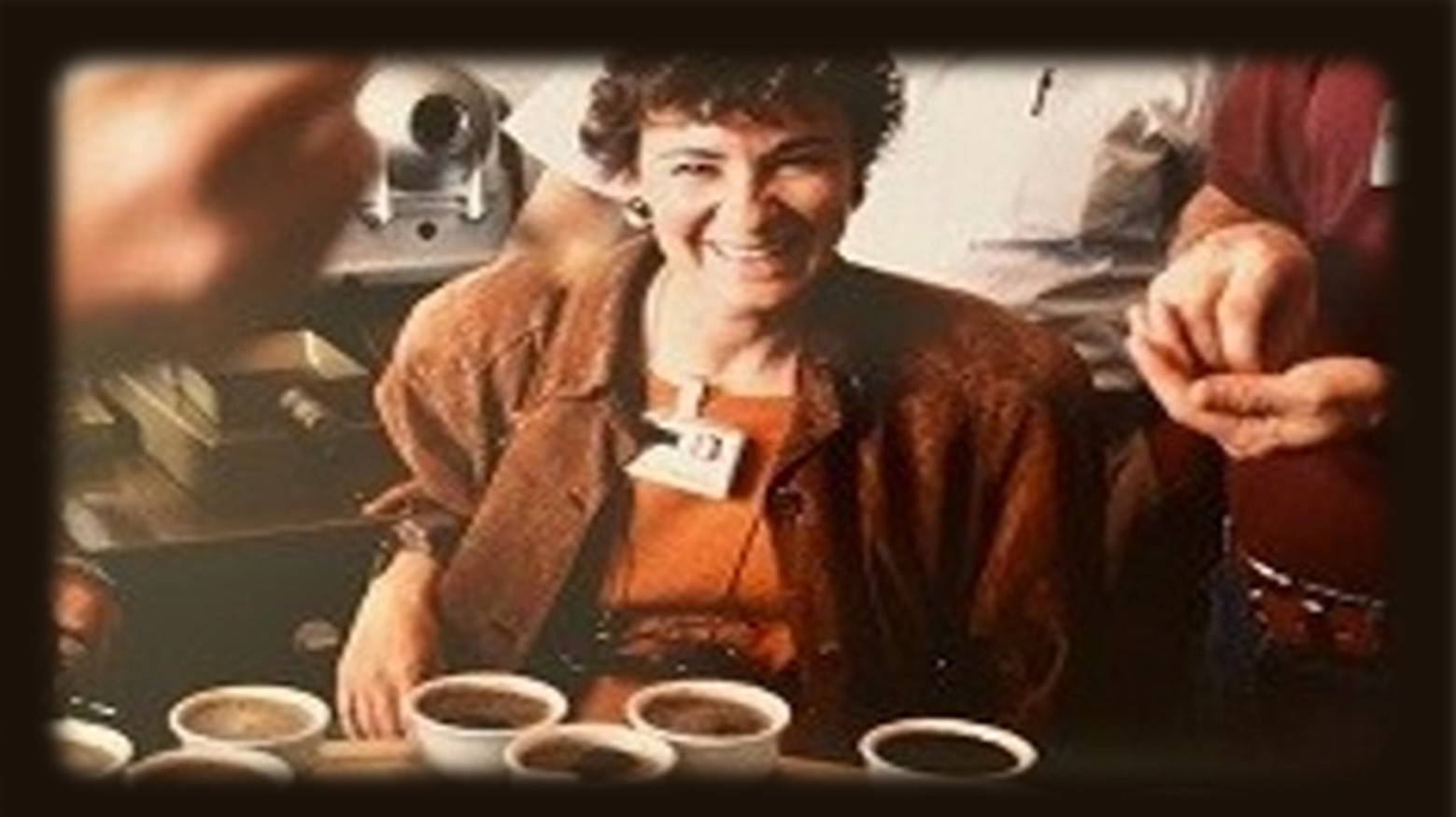
When Mary Williams speaks, coffee people listen.
She has earned the highest national honors from governments of coffee-producing countries to global organizations such as the Rainforest Alliance. Long before she became arguably the most powerful woman in the coffee industry, she painstakingly learned every aspect of the business, reaching the C-Suite of one of the most storied brands in the world.
For decades, this former Chairman of Starbucks Trading Company was a sought-after mentor and many of today’s senior coffee leaders – men and women – have benefited from her helping break the glass ceiling for women. A notable achievement on its own, it was however not her biggest contribution to the industry.
Mary’s relentless trips to origins paved the way for radical changes in the specialty coffee business. She increased farmer awareness that a coffee’s quality is based as much on how it is grown as on where it is grown. She introduced many producers to cupping, helping them understand that the value of their beans was in the taste, not their appearance. These approaches, so rare then, are now standard operating procedure, especially in the specialty coffee industry.
Mary understood the realities of coffee communities early on in her coffee career when she traveled to origin – something almost unheard of in the 1970s – to find out why New York traders were charging high prices for what she considered low grades. She was appalled by what she found: farmers who could not put shoes on their kids or send them to school. “Years ago,” she explains, “I would ask farmers ‘how much does it cost you to bring this coffee to market, and 99% had no idea. With few exceptions, what they did know is that they weren’t making enough money to feed their families.”
She says it was fear of hurting the industry that led to keeping quiet back then about poverty at the source – fear that consumers would stop drinking coffee if they understood that the high-quality varietals they were beginning to discover had a dark side. She developed a sourcing ethic that proved that good company margins are compatible with ethical industry improvements and responsible sourcing. She understood that knowing how much it actually costs a farmer to produce and how much they are actually paid are critical first steps to strengthen coffee-based livelihoods.
Starbucks brought leadership to the industry in this regard when it began supporting farmers on the ground in ways that made an impact – an idea that Mary initiated. “By the late 90s, we were already putting 2,3,4 cents a pound on top of the cost of coffee designated in the contract to go to a specific school or health care facility built for the farms.” One of those schools, named in Mary’s honor, grew to include upper-grade levels, with some graduates moving on to university and postgraduate studies.
Mary sees that there is much more to be done. “There are a lot of really good people in the specialty end of the industry doing good things, but they don’t have the volume to make enough change.” She says that if businesses really want sustainability they need to start with the simple math, looking at what it costs a farmer to raise coffee. She asserts that, “you can get reasonable margins and have farmers earn a living income so they have enough to educate their kids and save for their future.
The International Coffee Organization’s Transparency at Origin project, coordinated by COSA, is ambitious in its goal to fully understand and integrate the diverse variables that affect the cost to produce coffee; not just the actual cost of inputs or labor, but also the effects of key variables such as production intensity, location, market requirements, and levels of shade. By understanding costs, farmers can benchmark and see where they could improve. Buyers and policymakers can also see where inefficiencies could be ameliorated or understand the value of important factors such as investments in sustainability or quality.
Mary acknowledges that it is not necessarily a business’s responsibility to help farmers create their livelihood – but says they have the power to help.“If you don’t talk about costs and prices, there will never be sustainability,” she says. It’s about recognizing that everything costs something. It forces consideration of the ethics of having suppliers who are so poor that what they are paid barely covers survival costs. If those suppliers were neighbors in a consuming country, the perspective may well be different. And it’s not that difficult, says Mary. It starts with being willing to make a difference.
Mary Williams is the former Chairman of Starbucks Trading Company and Board Member Emeritus at COSA. Besides being one of the driving forces behind that company’s success, she was one of the first women senior executives in a male-dominated industry and is recognized as one of the world’s most astute coffee cuppers (tasters) who is credited with several terms that are now part of the standard lexicon of the industry. She paved the way for women in the coffee business. Today it is hard to imagine the industry without the many women – starting at the farm level all the way to CEOs – whose brilliance and caring have helped transform what was once a stale industry. She has served on diverse Boards of Directors ranging from the Rainforest Alliance to her own health and education foundation. Her coffee ‘recipes’ or blends, developed during her time at Starbucks, are still used today.







Leave A Comment